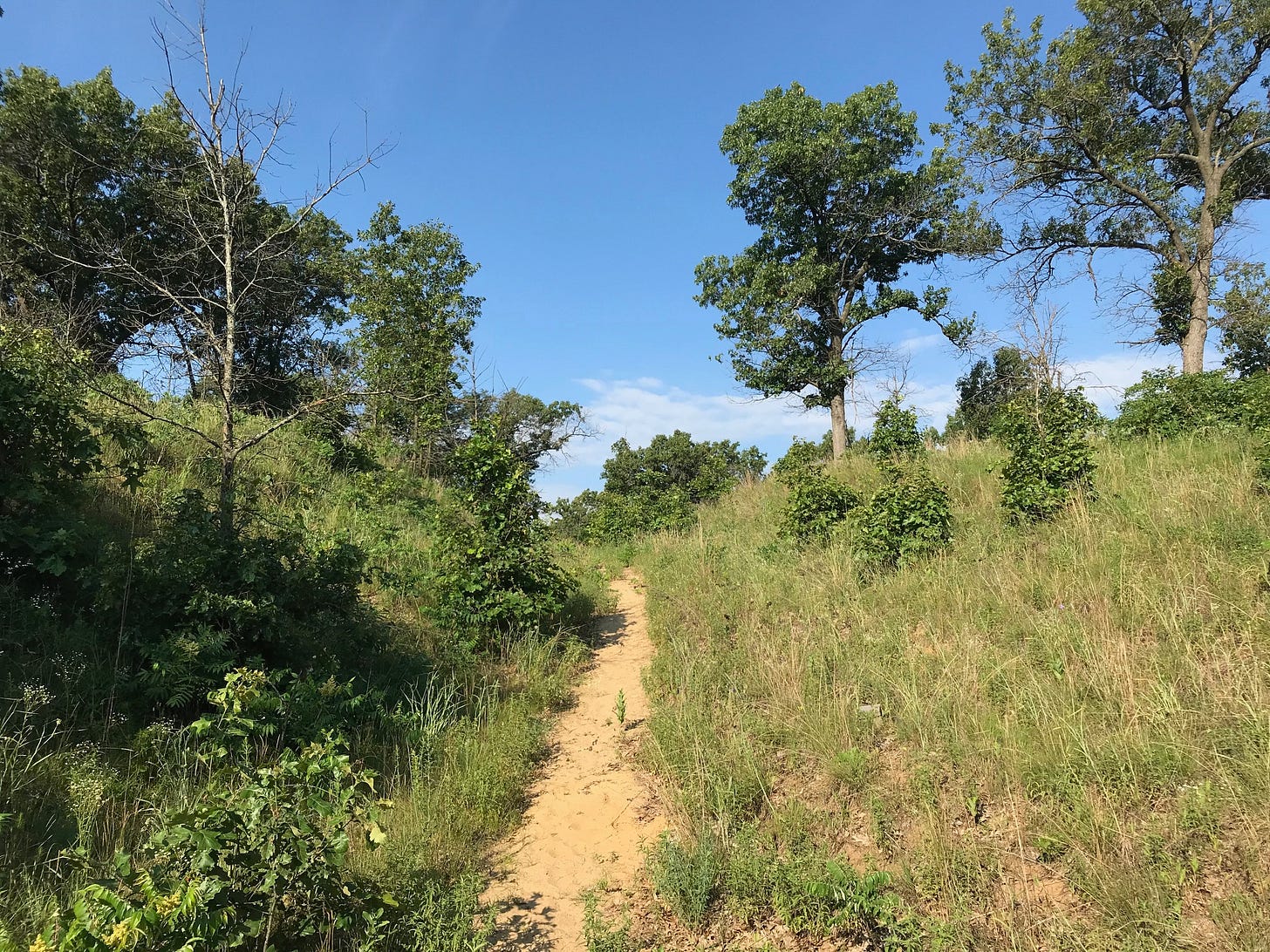Here's why birding isn't a privilege available to everyone
Black Birders Week has shifted perceptions and upended assumptions about who birders are and what birding can be.
When I started birding, my mom would drive me out to bird walks at Holden Arboretum, an idyllic 3,600-acre wonderland of ornamental gardens, woodlands and meadows. The steep ravines and gorges put most anything we have here in northern Illinois to shame. This is a land of Louisiana Waterthrushes and Carolina Wrens in the dense beech-hemlock-maple forest. It’s about the only place in Ohio where a disjunct population of Dark-eyed Juncos breed due to the cool microclimate of the place.
The bird walks were an invaluable experience. To this day, I can pick out the songs of some warblers and vireos due to the phonetics I learned on those walks.
One thing about the bird walks, though, was that all of the participants were white. I was the youngest of the group, so there was a generation gap. But otherwise about the biggest differentiators were whether you used pricier Zeiss binoculars or a cheaper Nikon model.
As noted ornithologist and author J. Drew Lanham writes, “Race is an issue in every aspect of American life, including birding, conservation, nature stewardship, and environmentalism writ large.” Those words were shared in a piece about John James Audubon, the storied naturalist who owned slaves for years.
Birding too often is a hard world to penetrate. There are all sorts of structures and barriers, some visible and some invisible, some implied and some explicit. It’s sometimes as simple as the expert’s leap to correct a beginner, often done with a surfeit of dripping condescension.
The ease with which I go about birding is a privilege owed to being a white cis male. And one who’s done this his whole life at that. There are no worries on the drive to a far-flung hotspot in the boondocks, no concerns about wandering around a forest preserve or neighborhood with a pair of binoculars. Less of a worry of being corrected or called out on a misidentification. My conception of parks and forest preserves is that they are desirable, good places to go; for others they may be seen as dangerous and places to avoid.
I am an admirer of groups like Feminist Bird Club and initiatives like Black Birders Week. They’ve upended my assumptions of who birders are and what birding can be. The Feminist Bird Club, which includes a chapter here in Chicago, provides a safe opportunity for members of the LGBTQIA+ community, for Black, indigenous, people of color and women to connect with the natural world. It also aims to create lasting social change.
Black Birders Week started last year in the wake of police brutality and an incident in Central Park in which Black birdwatcher Christian Cooper was called on police by a white woman. The event took off and took these devastating negatives and turned them into something positive. This year it takes place starting Sunday, and a slate of fun events are planned.
“We showed [last year] that the Black experience goes beyond trauma,” said Tykee James, one of the week’s co-founders. “The Black experience includes joy, pride, strength, resilience and style. Every day in Black Birders Week was a day to advance that narrative.”
Navigating the intersectionality between race and the environment, between race and birding, is full of risk. There are plenty of folks who want to keep this out of birding, to preserve that sacred space of being able to disappear in the woods and focus on the birds. I understand that. But until everyone can enjoy that freedom, I believe we’re falling short.



